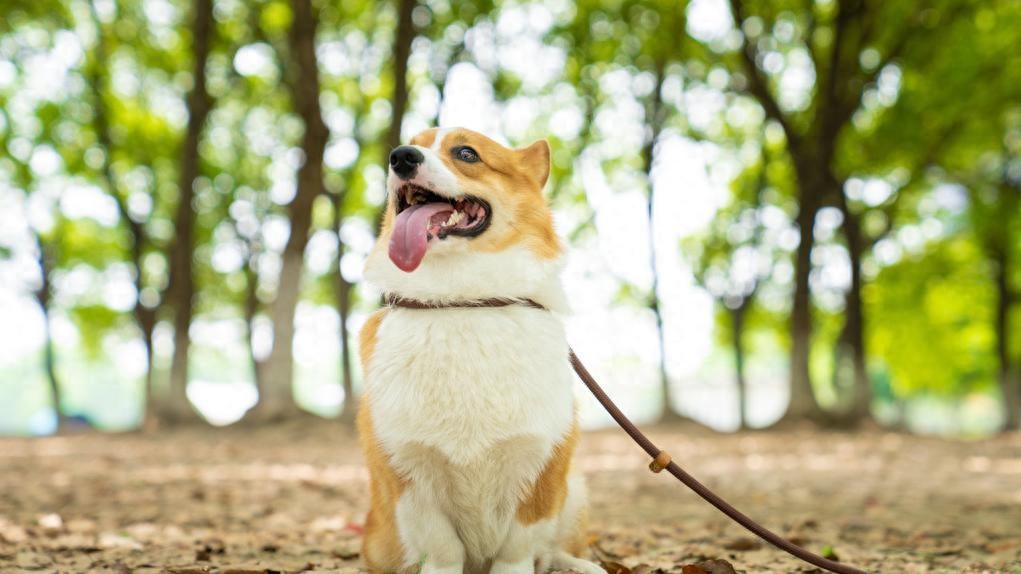Report by Toutiao.com and ThePaper.cn on February 27
As the two sessions of the National People’s Congress are about to begin, Xiong Shuilong, a member of the National Committee of the Chinese People’s Political Consultative Conference, proposed legislation to protect companion animals and explicitly prohibit the consumption of companion animals. The key suggestion in his proposal is that the country should “clearly prohibit the breeding, theft, poisoning, trapping, trafficking, slaughtering, sales and consumption of dogs and cats for food purposes, ensure public health and food safety, and maintain good customs.”
Xiong Shuilong said that problems in animal protection and management have intensified social conflicts and increased governance costs. He calls on and supports the Ministry of Justice to enact the “China Companion Animal Protection Law” to legislate against abuse, disorderly breeding, animal abandonment and the consumption of cat and dog meat, prohibit cats and dogs and their meat products from entering the food circulation and catering markets, and formulate Management methods and basis of law enforcement for companion animals.
He pointed out: “my country’s general laws on animal protection and management are not yet complete. The animal law system consists of special legislation such as the Wildlife Law, the Experimental Animal Law, and the Animal Husbandry (Livestock and Poultry) Law. There are no special legislation for companion animals (dogs and cats). This has led to problems over the years surrounding dog and cat breeding, abuse, owner responsibility, transportation, slaughter, sales, breeding, stray animal disposal and other activities, either because of lax law enforcement or a lack of legal framework.”
Therefore, he suggested a legislative concept that places equal emphasis on “management” and “protection” and put forward eight suggestions in the proposed legislation, which are now selected as follows:
(1) All owners of dogs and cats are required to treat cats and dogs responsibly, and uncivilized dog-raising behavior is severely punished. A dog-breeding license system is implemented nationwide, and electronic chip implantation is encouraged.
(2) Since most dogs cannot obtain relevant papers, the regulations in most places across the country that only allow small ornamental dogs to be kept have lagged far behind social development. It is recommended that restrictions on dog breeds be replaced by a focus on strengthening owner responsibilities.
(3) Effectively fulfill epidemic prevention obligations, especially strengthen dog epidemic prevention in rural areas. On the other hand, stop killing stray dogs and instead promote vaccination and humane treatment through shelter projects, adoption projects, TNR (trap, nuter, return) projects, etc., in order to achieve the global goal of zero rabies by 2030 set by the World Health Organization.
(4) Restrict and regulate the breeding of companion animals to reduce various social problems such as health, public security and disease prevention and reduce government costs caused by the excess number of stray cats and dogs.
(5) Standardize the management of government and private stray animal shelters and formulate guidelines to control the number of shelters and avoid over-crowding shelters.
(6) Develop standards and systems for euthanasia of cats and dogs, advocate euthanasia for cats and dogs that are seriously ill and cannot be effectively treated, and ensure animal welfare.
(7) Promote a correct attitude towards animal life and prohibit the abuse and consumption of companion animals. For abuse and abandonment, sanctions — financial, administrative and criminal — should be set according to the severity of the case. There should be a clear prohibition to breed, steal, poison, trap, traffic, slaughter, sell and consume dogs and cats for food purposes, to ensure public health and food safety, and to maintain good customs.
(8) Encourage and support the participation of private and social enterprises, with the government actively working with these institutions. Offer subsidies and policy support to these institutions, while requiring local communities or organizations to fulfill their social duty to participate in the rescue and management of stray animals.
The proposal by Xiong Shuilong, a member of the National Committee of the Chinese People’s Political Consultative Conference, is consistent with the mission and aims of the World Dog Alliance. We are particularly looking forward to an early introduction of the seventh policy above prohibiting the abuse and consumption of companion animals.
Link to the report:

